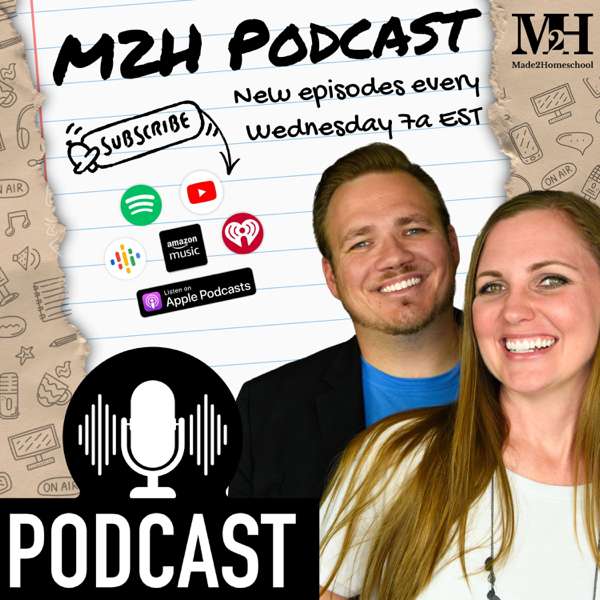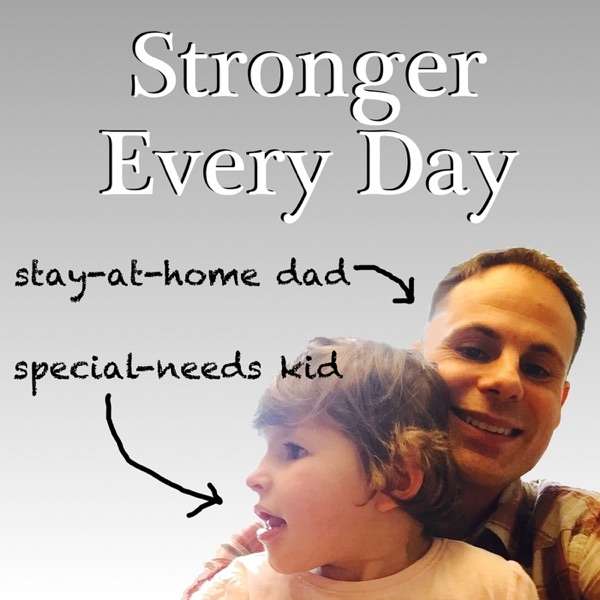Welcome friends. On today’s episode of Advocate like a Mother Podcast, Michelle and I get together to chat with Rebecca Kuntz. Rebecca has a daughter named Ellie who has cerebral palsy, epilepsy, and microcephaly.
We talked all about inclusive playgrounds. An inclusive playground is a playground accessible to wheel chairs, canes, walkers, sensory challenges, deafness and blindness. Parks in the U.S. are typically non-inclusive, meaning children with disabilities don’t have all of the special accommodations needed in order to be as safe as possible. When creating play environments that allow all children and their families to play, in addition to ensuring access, we must ensure inclusion.
Kids need to play together, regardless of their abilities. Accessibility is not enough. Simply getting a child with limited mobility onto the playground doesn’t necessarily enhance their play experience. Nor does it take into consideration children with sensory deficits and other developmental issues.The Americans with Disabilities Act (ADA) made play areas and parks accessible to all children, but this doesn’t necessarily mean they’re built so that kids with different types of disabilities can play equally. New federal requirements under the Americans with Disabilities Act are changing the landscape for public playgrounds, requiring them to include equipment, materials, and designs that provide children with disabilities the same play opportunities as typical children. Parents and advocates are making the real difference — not the federal government. To have statistics you need researchers to be viewing the information, but there’s no funding for them.
That and nobody is researching it so we have no statistics - This is a HUGE issue right here.
If you don’t have a universally-designed playground in your community, there are a number of steps you can take to get the plan in action:
Speak with local chapters of disability organizations about sponsorship and funding, such as the United Cerebral Palsy (UCP), Easter Seals, and United Way.
Reach out to the parks and recreation department in your area and inquire if there’s a way for citizens to help raise funds for an inclusive playground.
Get the local media interested, which can help spread awareness
Talk to officials at your city’s town hall (be sure to be prepared to educate them as much as possible about the benefits of an inclusive playground).
Speak with school officials, particularly if there are large numbers of children with special needs.
Start a fundraiser (Note: Having funds will help you in your missions, but it often takes a lot of time and can be taxing. Getting non-profit support will make things a bit easier).
To any parent struggling with inclusion , you are not alone. We are here to help encourage you, and to help find your community.
Michelle & Ashley
CONNECT WITH OUR SHOW
INSTAGRAM | www.instagram.com/advocatelikeamother
TWITTER | www.twitter.com/advocatelikeamom
EMAIL | Hello@advocatelikeamother.org

 Our TOPPODCAST Picks
Our TOPPODCAST Picks  Stay Connected
Stay Connected







